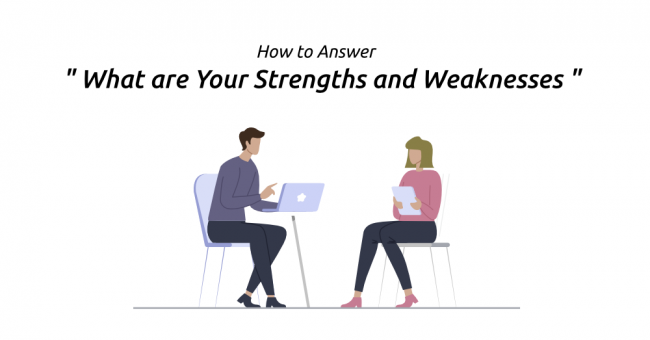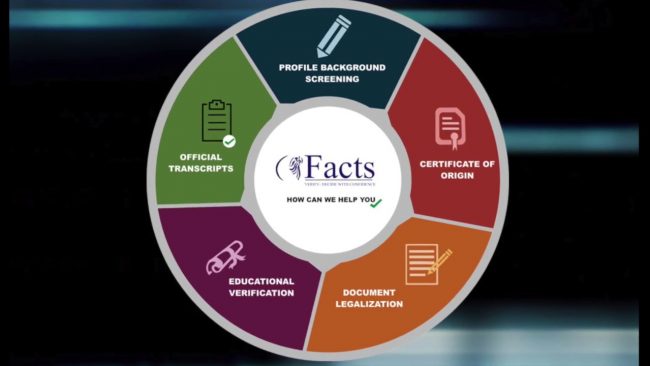A General Category that is a subdivision of large category from this blog to help visitor find related content, Your content organized and easy to discover.
You already know that posture and eye contact are a must during your interview, but here are a few moves that can take your non-verbal gestures to the next level. We all know that face-to-face interactions involve more than just words. Non-verbal cues and gestures can support our argument, undermine our message, or even…
If you’re asked to describe your “greatest weakness” in a job interview, there’s obviously no need to answer with the truth….but what should you say instead? During most modern interview sessions, employers choose straightforward questions that add value to the assessment process and directly address the candidate’s ability to do the job, for example…
If your interviewer asks you to describe a huge mistake or failure from your past, how should you respond? Here are a few tips that can help you navigate this tricky question. When you sit down with your interview question, you may face a set of direct questions, like “Do you enjoy this kind of…
At some point during your interview, your employer may simply ask you to talk in an open-ended way about yourself. Answer by explaining what drives you, what you’re looking for, what you can do, what you’ve done in the past, or all of the above. Some interview question are more predictable than others, and while…
Obtain the job you seek by following the advice in this post while also avoiding common job hunting mistakes made by older job-seekers. Let’s be honest. For most people, finding a new job (especially if you are also making a career change) in your 50s and 60s is a more challenging proposition than when you…
Some job seekers love to hate recruiters. They’re the middlemen (and women) who never call, never explain anything, don’t present you in the best light, and may even keep you from getting the job you want. As in any profession, there are some bad apples. But most recruiters are good at what they do, and…
The Employee Advocate says: There are two types of background checks, typically. One is a reference check, which essentially involves the HR person calling each of the previous employers you listed on your resume to confirm your dates of employment and salary. Your former supervisors or the references you list may be asked about your…
If you’ve ever applied for a job, you’ve probably agreed to some kind of background inquiry. The most common inquiry is the reference check, which involves calling previous employers to confirm that your resume is accurate. Many jobs, including government jobs and finance jobs or those that involve access to sensitive information, require additional background checks.…
It happens to most people at some point Hired during their careers: They find themselves applying for jobs they’re overqualified for. There are several reasons this happens — they may have been out of work for some time, they’re switching fields, or they’re simply interested in trying something new. Still, hired managers generally shy away…
Q. Should I reveal my compensation to a recruiter? A. Compensation is such an integral part of the offer process, so it’s in your best interest to see what the company would offer you first. Hear what they have to say in terms of starting salary, stock options and sign-on bonus as well as benefits…










